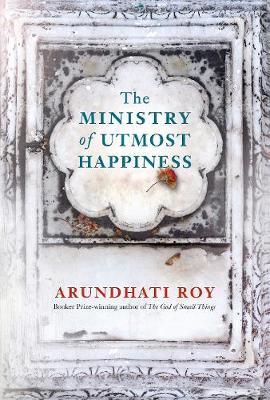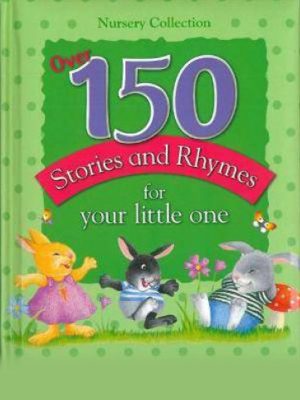The Ministry of Utmost Happiness
Arundhati Roy
‘How to tell a shattered story? By slowly becoming everybody. No. By slowly becoming everything.’ In a city graveyard, a resident unrolls a threadbare Persian carpet between two graves. On a concrete sidewalk, a baby appears quite suddenly, a little after midnight, in a crib of litter. In a snowy valley, a father writes to his five-year-old daughter about the number of people that attended her funeral. And in the Jannat Guest House, two people who’ve known each other all their lives sleep with their arms wrapped around one another as though they have only just met. Here is a cast of unforgettable characters caught up in the tide of history. Told with a whisper, with a shout, with tears and with laughter, it is a love story and a provocation. Its heroes, present and departed, human and animal, have been broken by the world we live in and then mended by love — and for this reason, they will never surrender.
The Ministry of Utmost Happiness takes us on a journey of many years-the story spooling outwards from the cramped neighbourhoods of Old Delhi into the burgeoning new metropolis and beyond, to the Valley of Kashmir and the forests of Central India, where war is peace and peace is war, and where, from time to time, ‘normalcy’ is declared.
Anjum, who used to be Aftab, unrolls a threadbare carpet in a city graveyard that she calls home. A baby appears quite suddenly on a pavement, a little after midnight, in a crib of litter. The enigmatic S. Tilottama is as much of a presence as she is an absence in the lives of the three men who loved her.
The Ministry of Utmost Happiness is at once an aching love story and a decisive remonstration. It is told in a whisper, in a shout, through tears and sometimes with a laugh. Its heroes are people who have been broken by the world they live in and then rescued, mended by love-and by hope. For this reason, they are as steely as they are fragile, and they never surrender. This ravishing, magnificent book reinvents what a novel can do and can be. And it demonstrates on every page the miracle of Arundhati Roy’s storytelling gifts.
‘A novel that demands and rewards the reader’s concentration, this is a dazzling return to form’ Independent
‘This novel is a freedom song. Every page has the stamp of Roy’s originality. Such brutality, such beauty’ Amitva Kumar, the author of Immigrant, Montana
‘Intricately layered and passionate, studded with jokes and with horrors… This is a work of extraordinary intricacy and grace’ Prospect Magazine
‘Gorgeous, supple, playful… Roy writes with astonishing vividness… Again and again beautiful images refresh our sense of the world’ The New York Times Book Review
‘A masterpiece. Roy joins Dickens, Naipaul, Garcia Marquez, and Rushdie in her abiding compassion, storytelling magic, and piquant wit. An entrancing, imaginative, and wrenching epic’ Booklist starred review
‘A great tempest of a novel… which will leave you awed by the heat of its anger and the depth of its compassion’ Washington Post








Reviews
There are no reviews yet.